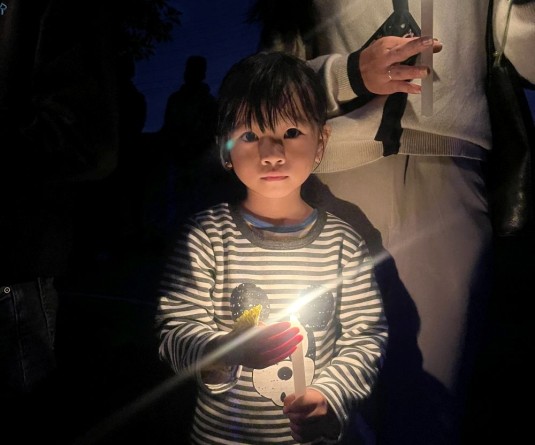
A professor of surgery has opined that students spent so much time in front of screens and so little time using their hands that they have lost the dexterity for stitching or sewing up patients.
Young people have so little experience of craft skills that they struggle with anything practical, says Roger Kneebone, professor of surgical education at Imperial College, London, the BBC reported on October 30.
"It is important and an increasingly urgent issue,” it said quoting Prof Kneebone, who also warned that medical students might have high academic grades but cannot cut or sew.
Stitched up
According to the report, the professor, who teaches surgery to medical students further stressed that ‘young people need to have a more rounded education, including creative and artistic subjects, where they learn to use their hands.’
He also noted he had observed a decline in the manual dexterity of students over the past decade.
This, according to the professor, is a problem for surgeons, who need craftsmanship as well as academic knowledge.
"An obvious example is of a surgeon needing some dexterity and skill in sewing or stitching," he was further quoted, adding that students have become "less competent and less confident" in using their hands.
"A lot of things are reduced to swiping on a two-dimensional flat screen," he says, which he argues takes away the experience of handling materials and developing physical skills, the report added.
Manual skills, more creativity in curriculum
Such skills might once have been gained at school or at home, whether in cutting textiles, measuring ingredients, repairing something that's broken, learning woodwork or holding an instrument.
A study calling for calling for more creativity in the curriculum also noted that entries to creative subjects have fallen by 20% since 2010, including a 57% fall in design and technology GCSE.
"Creativity is not just for artists. Subjects like design and technology, music, art and drama are vitally important for children to develop imagination and resourcefulness, resilience, problem-solving, team-working and technical skills," the BBC report said quoting Tristram Hunt, director of the Victoria and Albert Museum.
"These are the skills which will enable young people to navigate the changing workplace of the future and stay ahead of the robots, not exam grades," it added.
(MExN)




